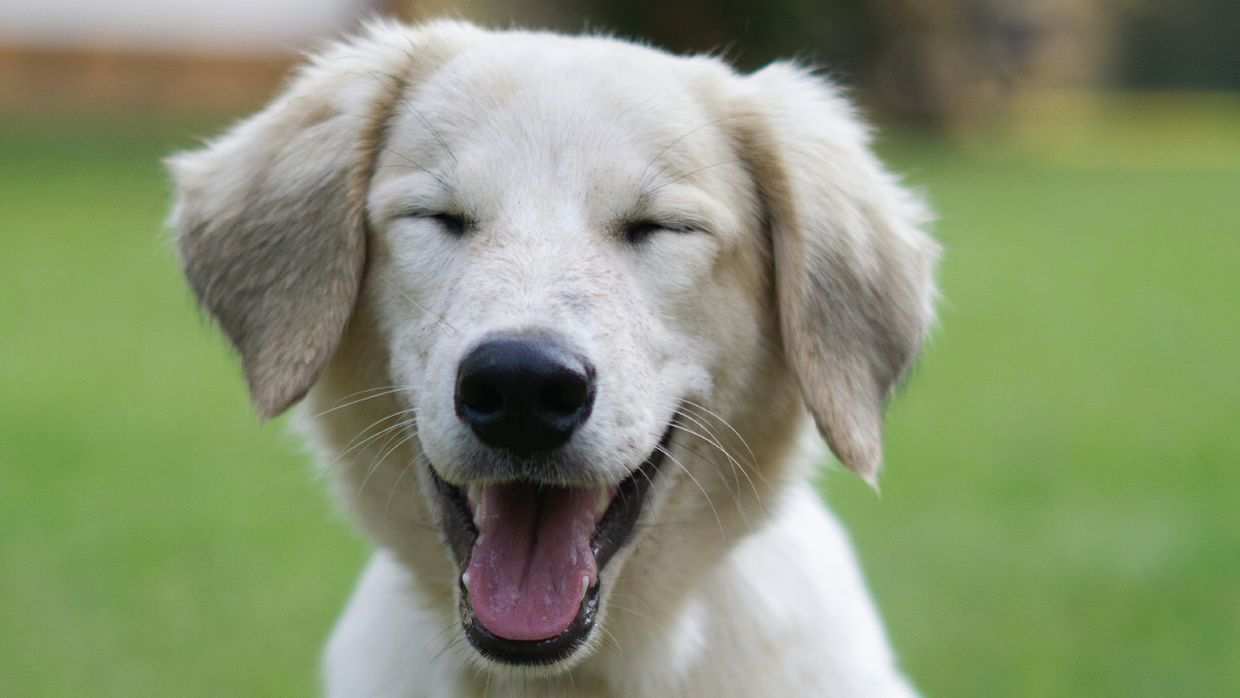Everything You Need to Know About Your Pet's Dental Health
Many pet owners wonder how to best maintain their pet's oral hygiene. In this post, we’ll answer some of the most common questions and offer helpful tips to keep your pet’s teeth healthy and their smile bright.
How often should I brush my dog's teeth?
Brushing your dog’s teeth every day is ideal for maintaining optimal oral health. While it may take time to establish a daily routine, it’s an essential habit that pays off in the long run.
If daily brushing isn't possible, aim for at least three times a week. Pairing this with dog chews designed for dental health can help reduce plaque and maintain your dog’s dental hygiene.
Can I brush my cat’s teeth?
Absolutely! Cats also benefit from regular dental care. Brushing your cat’s teeth daily helps prevent plaque and tartar buildup, reducing the risk of dental disease.
Training a cat to accept tooth brushing can take patience, but once they get used to it, the process becomes much easier. Consistent dental care is crucial for your cat’s overall health.
What if my dog doesn’t like toothbrushes?
If your dog resists the toothbrush, try using a soft cloth wrapped around your finger to clean their teeth. Introduce the process gradually and reward your dog with treats and praise to make it a positive experience. With time, your dog will become more comfortable with the routine, ensuring their oral health is properly cared for.
How often should I give my dog a chew?
Dog chews can be a great way to support your pet’s dental health. Offering a chew every other day, or at least twice a week, helps reduce plaque and tartar buildup.
Choose natural chews with minimal ingredients, such as Vetalogica VitaRapid Oral Care Daily Treats For Dogs to promote dental health without unnecessary additives.
What makes a good dog chew?
A good dog chew should be firm enough for your dog to gnaw on, helping to scrape plaque from their teeth. Options like raw bones, carrots, or broccoli stems are great choices, as are natural, minimally processed chews.
Can I make homemade dog toothpaste?
Yes, you can easily make your own dog toothpaste. This allows you to control the ingredients and avoid unnecessary additives found in some commercial toothpastes. Homemade options are often healthier and more natural, ensuring better care for your dog’s teeth.
When should my pet have a professional teeth cleaning?
Regular professional cleanings are an important part of your pet’s dental care routine. It’s generally recommended to schedule a professional cleaning with a veterinarian at least once a year. Your vet will assess your pet’s oral health and determine if more frequent cleanings are necessary based on their individual needs.
Commit to Your Pet’s Dental Health
Prioritising your pet's dental health ensures a happier and healthier life. By incorporating regular brushing, offering appropriate chews, and scheduling professional cleanings, you can help your pet maintain strong teeth and a healthy mouth.
Taking the time to focus on their oral hygiene will not only benefit their teeth but also contribute to their overall well-being, helping them thrive for years to come.
Our favourite choices for your pet's dental hygiene:
Prozym Dental Toothpaste Kit For Cats and Dogs
Prozym Dental Solution For Cats and Dogs
Recent Posts
-
Get your Puppy to Sleep Through the Night
Bringing a new puppy into your home is an exciting experience, but it can also come with sleepless n
-
Roundworms in Cats: What You Need to Know
Roundworms are one of the most common intestinal parasites that affect cats, particularly kittens. T
-
How to Clean Your Dog's Ears: A Step-by-Step Guide
As a dog parent, you want to ensure your furry friend stays healthy and comfortable. One important a




